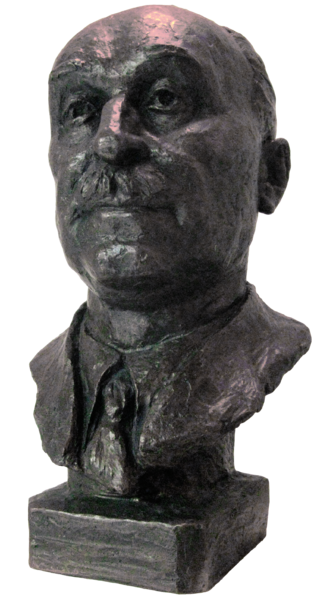Phil Levy runs through five scenarios for the immediate future, none of which seem likely to succeed. His bottom line:
[T]here are options like the implausible “hold tight and hope for growth” or the dubious “join together in a political and fiscal union.” Or European leaders could face up to the underlying structural problems of the euro and step back from the current level of integration. Not that such a move would be easy. It would be not so much “rip the Band-Aid off” as “sever the gangrenous limb.” It’s not hard to see why they are approaching such a decision tentatively and looking askance at those who urge them to Just Do It.
The European Union over-reached with the euro. And I very much doubt that Europe’s elites – as distinct from their populations – will relinquish it easily. An entire generation of German and French leaders have invested their entire lives and political careers in the project born from the  ashes of the Second World War. To see it unravel would unearth so many ghosts, raise so many questions, re-set history to reality, not abstraction, and consign their beloved “Europe” to a has-been hodge-podge of post-industrial, demographically declining nation states. At least that’s how they see things. I, for one, have no problem with good old nation-states, with their own currencies, freely trading and traveling.
ashes of the Second World War. To see it unravel would unearth so many ghosts, raise so many questions, re-set history to reality, not abstraction, and consign their beloved “Europe” to a has-been hodge-podge of post-industrial, demographically declining nation states. At least that’s how they see things. I, for one, have no problem with good old nation-states, with their own currencies, freely trading and traveling.
The EU was a fantastic and thoroughly noble concept designed somehow as a proportionate response to the European suicide of 1914 – 1945. In that sense, it lingers as a Burkean cautionary tale. Even when a political project is noble and well-intentioned, even when it attempts to right past wrongs, it has to be grafted onto the existing cultures and deep histories of its actual human environment. Europe simply does not have the common political culture that a single federal state, like the US, has. There was a collective experience of devastation which gave the illusion of a common political culture in the later 1940s, but the depth of each country’s culture and history could not be simply defined away. And such an artificial, unitary behemoth cannot provide a genuine and meaningful federal legislature or executive (although some judicial functions can operate alongside national norms). To give it a common currency was to pile one last straw onto this already utopian dream. You could see it in the euro notes/bills themselves. There are only abstract architectural designs on them – no European patriots every European could champion: no Shakespeare or Michelangelo, no Mozart or Einstein. Just pillars.
This isn’t obvious just in retrospect; it was argued at the time; and Britain’s pragmatic refusal to be coopted was one of my native land’s smartest calls in recent times (though it too was close). Sometimes the more moral and noble the cause the more doomed the project.
To which allow me to add a provocative parallel. The other political construct designed in a noble experiment to right the wrongs of the past, and specifically the hideous wrongs of the Second World War, was the state of Israel. Grafting an entirely new concept onto a land even more steeped in history than Europe was, in retrospect, as inspiring as it was based on denial. And like the EU, the project seemed possible for a while – even a smashing success. But also like the EU, Israel over-reached in pursuit of a more perfect union. The annexation of the West Bank is, in some respects, like the adoption of the euro. It made the concept purer at the expense of making it implode. But Israel, unlike the EU, was far more tenuous. From the beginning to now, it can only sustain itself through massive military superiority. It has far less legitimacy in its neighborhood than the EU, for all its profound flaws, has in its.
Which, one wonders, will survive the longest? The EU or Israel?
(Bust: Jean Monnet, chief intellectual and political architect of European Union.)